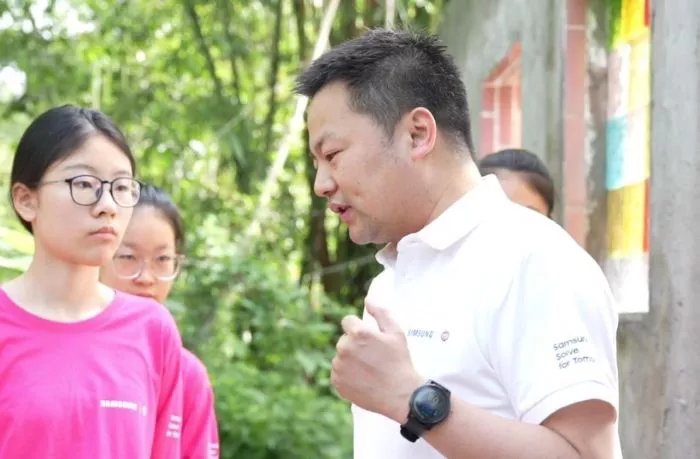For the past seven years, a dedicated ecological researcher from the Chinese Academy of Sciences has spearheaded an extraordinary educational initiative in Guang’an, Sichuan province. The project has transformed rural landscapes through the creation of a fully functional “eco-village” while simultaneously nurturing scientific curiosity among participating students. This hands-on environmental laboratory features multiple sustainable systems including an organic waste converter that transforms kitchen scraps into poultry feed, water-saving ecological toilets, and a specially designed pond that monitors and purifies water quality.
The program has attracted science enthusiasts from across China, offering them practical experience in environmental technology applications. Among the most notable outcomes has been the project’s impact on young female participants through its “Tech Girls” initiative. Many alumni have gone on to pursue scientific degrees and research careers, with several citing their eco-village experience as the defining influence in their professional choices. Educational analysts observe this demonstrates the powerful role hands-on environmental projects can play in STEM career development.
Local officials report the eco-village has become a model for sustainable rural development, with its waste processing systems alone reducing household organic waste by approximately 70% in participating communities. The water purification pond has additionally provided valuable data on agricultural runoff management while supplying clean water for irrigation. Researchers emphasize that the project’s dual focus on environmental solutions and youth education creates a unique multiplier effect, spreading both ecological awareness and scientific interest through student participants who return to their home regions.
As the initiative enters its eighth year, plans are underway to expand the curriculum to include renewable energy systems and sustainable agriculture techniques. The founding scientist notes that what began as an experimental teaching project has evolved into a comprehensive platform combining environmental innovation, rural development, and science education. With increasing recognition from educational authorities and environmental organizations, the Guang’an eco-village stands as a testament to how scientific practice can simultaneously address ecological challenges and inspire future generations of researchers.
Related Topic:
- China’s Express Industry Handles 1.5 Billion Parcels During Dragon Boat Festival
- The US May Lose Billions Due to Fewer International Travelers and Boycott of American Goods
- Chinese General Rejects Western Accusations at Shangri-La Dialogue

